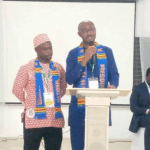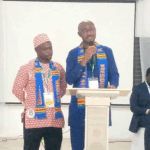
The National President of the Private Health Facilities Association of Ghana (PHFAoG), Dr Samuel Kwame Buabeng-Frimpong, has reaffirmed the private sector’s pivotal role in Ghana’s healthcare system, calling on the government to deepen collaboration by extending the posting of healthcare professionals to private facilities.
Speaking at the association’s Annual General Conference held at the Chances Hotel in Ho, under the theme “Unlocking Opportunities: Leveraging Government’s Private Sector Development Policy to Boost Ghana’s Private Health Sector,” Dr Buabeng-Frimpong highlighted the undeniable impact of private facilities in expanding healthcare access, particularly in hard-to-reach areas.
He revealed that by the close of 2024, private health facilities accounted for 17.1% of total facilities registered on the national health database, remaining second only to government-owned facilities across 14 of Ghana’s 16 regions. Comparatively, faith-based and quasi-government facilities represented 3.1% and 0.97%, respectively.
“These statistics show that private health facilities are not just filling gaps; we are key partners in achieving universal health coverage,” Dr Buabeng-Frimpong noted. “We are private not to enrich ourselves, but to sacrifice our resources to complement government efforts toward a healthier Ghana.”
He further disclosed that private facilities contributed 15.8% of total hospital admissions, 12.4% of total deliveries, and 14.4% of antenatal registrations nationwide, solidifying their role in critical healthcare indicators monitored by the Ministry of Health.
Dr Buabeng-Frimpong emphasised the association’s commitment to data-driven policy-making and quality service delivery, stating that PHFAoG has supported efforts to improve the completeness and accuracy of national health data.
While commending the Minister of Health for his longstanding support of the private sector, Dr Buabeng-Frimpong appealed for the inclusion of private health facilities in the posting of healthcare professionals, noting that such collaboration will enhance quality, efficiency, and overall system resilience.
“We will not rest on our laurels until our good becomes better, and our better best. The time has come for the government to fully integrate private health facilities into its workforce strategy,” he said.
Government, NHIA Pledge Support for Private Sector Growth
Representing the Minister of Health, Mr Ernest Konadu Asiedu, reiterated the government’s commitment to nurturing the growth of private health services. He noted that under the Big Push Agenda, health is being positioned as a catalyst for national development, with deliberate interventions aimed at strengthening regulations, providing technical assistance, and improving service delivery.

“The Ministry places a high premium on quality healthcare and recognises the need to create an enabling environment for private health facilities to thrive,” he stated.
In a similar tone, the Deputy Chief Executive Officer of the National Health Insurance Authority (NHIA), Dr Senanu Dzokoto, acknowledged that the private sector is indispensable to achieving universal health coverage.
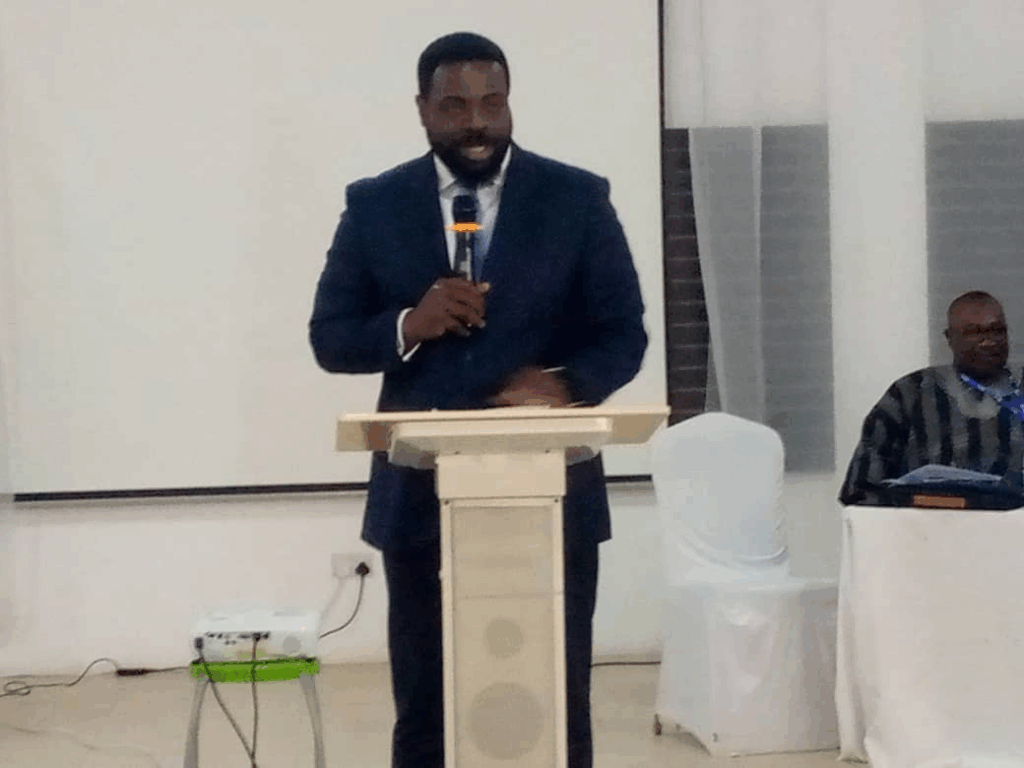
“No nation can reach universal health coverage without the involvement of private health providers,” he said. “About 30% of NHIS-accredited facilities are privately owned, and their contribution in rural and underserved communities cannot be overstated.”
Dr Dzokoto announced several transformative initiatives by the NHIA to strengthen collaboration with the private sector, including a transparent tariff review process, improvements to electronic claims submissions, and faster reimbursement timelines.
He assured that ongoing system challenges affecting claims submissions would be resolved within two weeks, following directives from the NHIA Chief Executive, Dr Bernard Okoe Boye.
“We are working to create a health system that rewards efficiency, guarantees quality, and ensures sustainability—for both patients and providers,” Dr. Dzokoto said.
He also disclosed plans to institutionalise stakeholder engagements and improve electronic credentialing systems while encouraging ethical practices across the private health space.
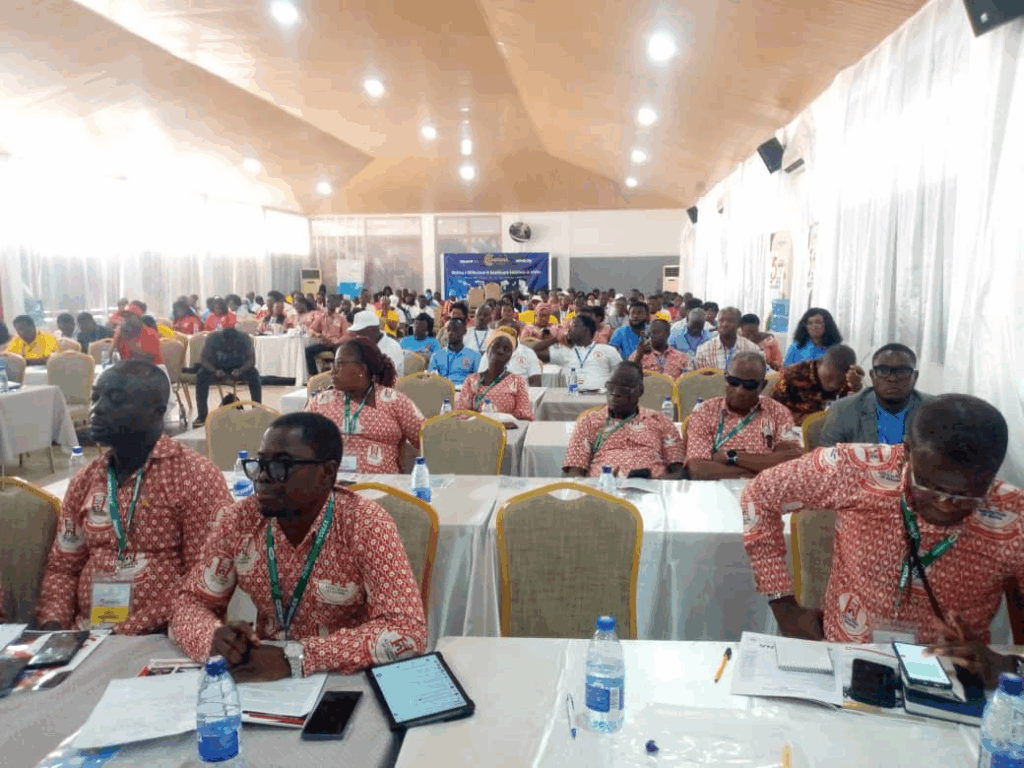
Volta and Oti Chair Urges Unity and Innovation
Welcoming participants, the Volta and Oti Regional Chairperson of PHFAoG, Mrs Agnes Mawuse Nkansah, underscored the importance of unity, innovation, and partnership in driving sectoral growth.
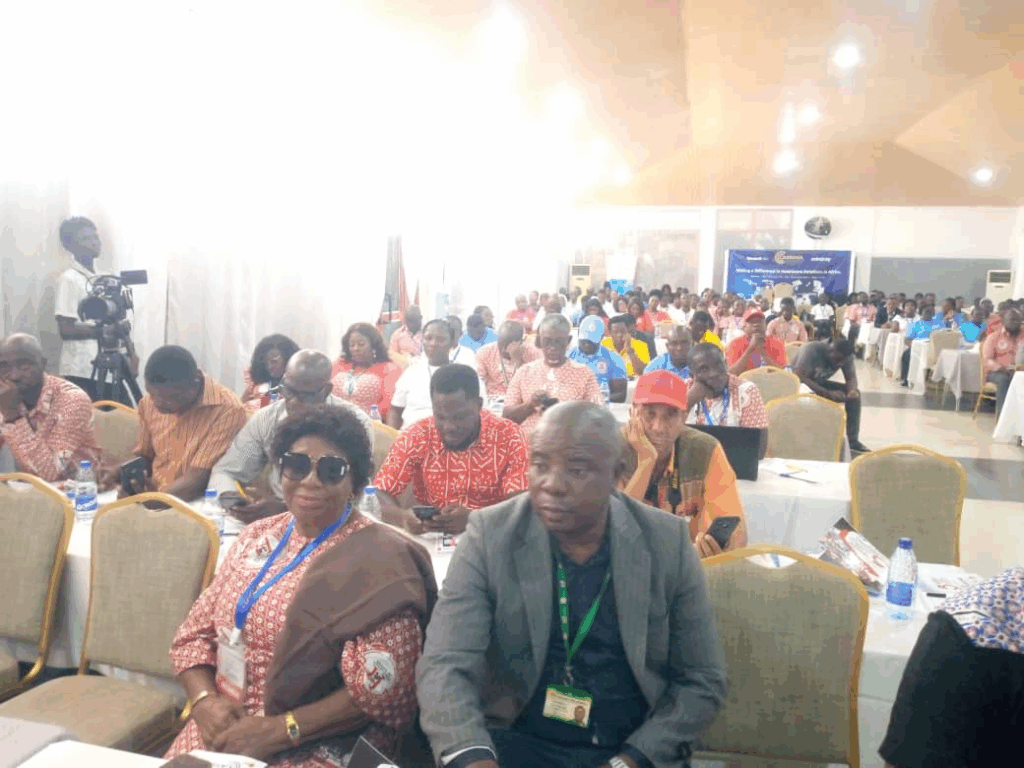
She encouraged members to embrace digital transformation and artificial intelligence to enhance patient care, streamline operations, and ensure sustainability.
“This conference is not just a meeting—it’s a call to action. The private health sector must continue to innovate and collaborate to unlock its full potential,” she urged.
Mrs Nkansah also invited delegates to experience the rich culture and hospitality of the Volta and Oti regions, describing them as “treasures of Ghana blessed with vibrant traditions, lush vegetation, and majestic rivers.”
A Call for Partnership and Progress
The conference concluded with a renewed sense of purpose among stakeholders—a shared understanding that public-private collaboration remains central to achieving equitable healthcare for all Ghanaians.
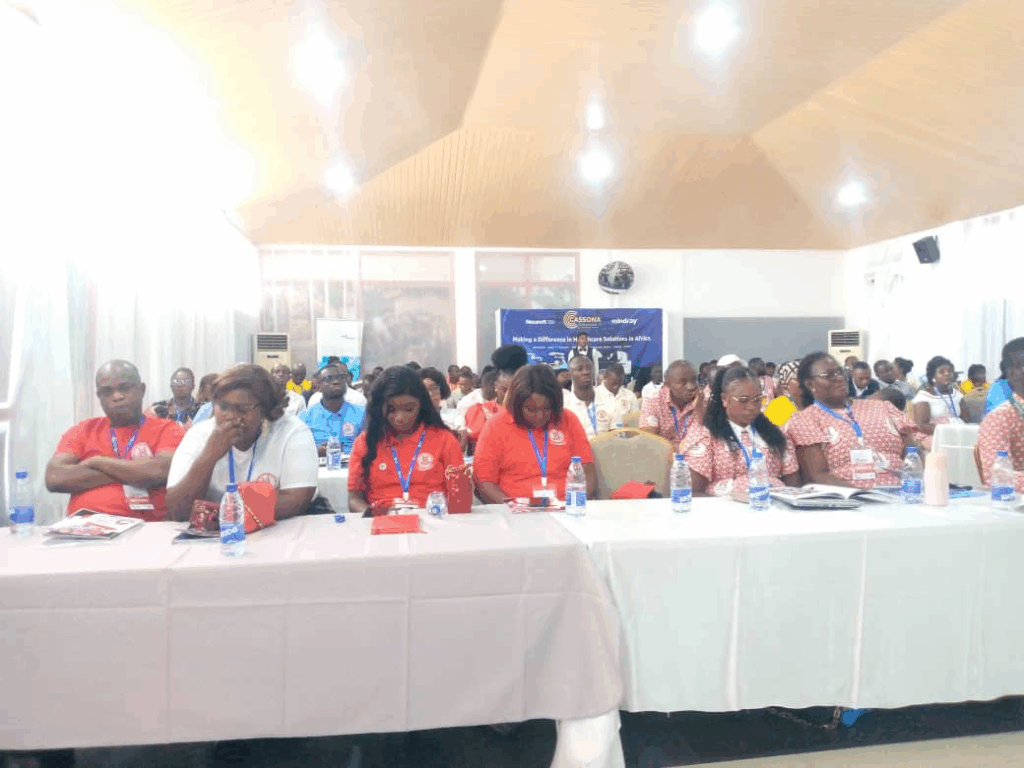
As Dr Buabeng-Frimpong put it, “Our achievements reflect the unity and hard work of every member of this association. But we must go further—from dialogue to delivery, from opportunity to action, and from aspiration to achievement.”
- President Commissions 36.5 Million Dollars Hospital In The Tain District
- You Will Not Go Free For Killing An Hard Working MP – Akufo-Addo To MP’s Killer
- I Will Lead You To Victory – Ato Forson Assures NDC Supporters
Visit Our Social Media for More

